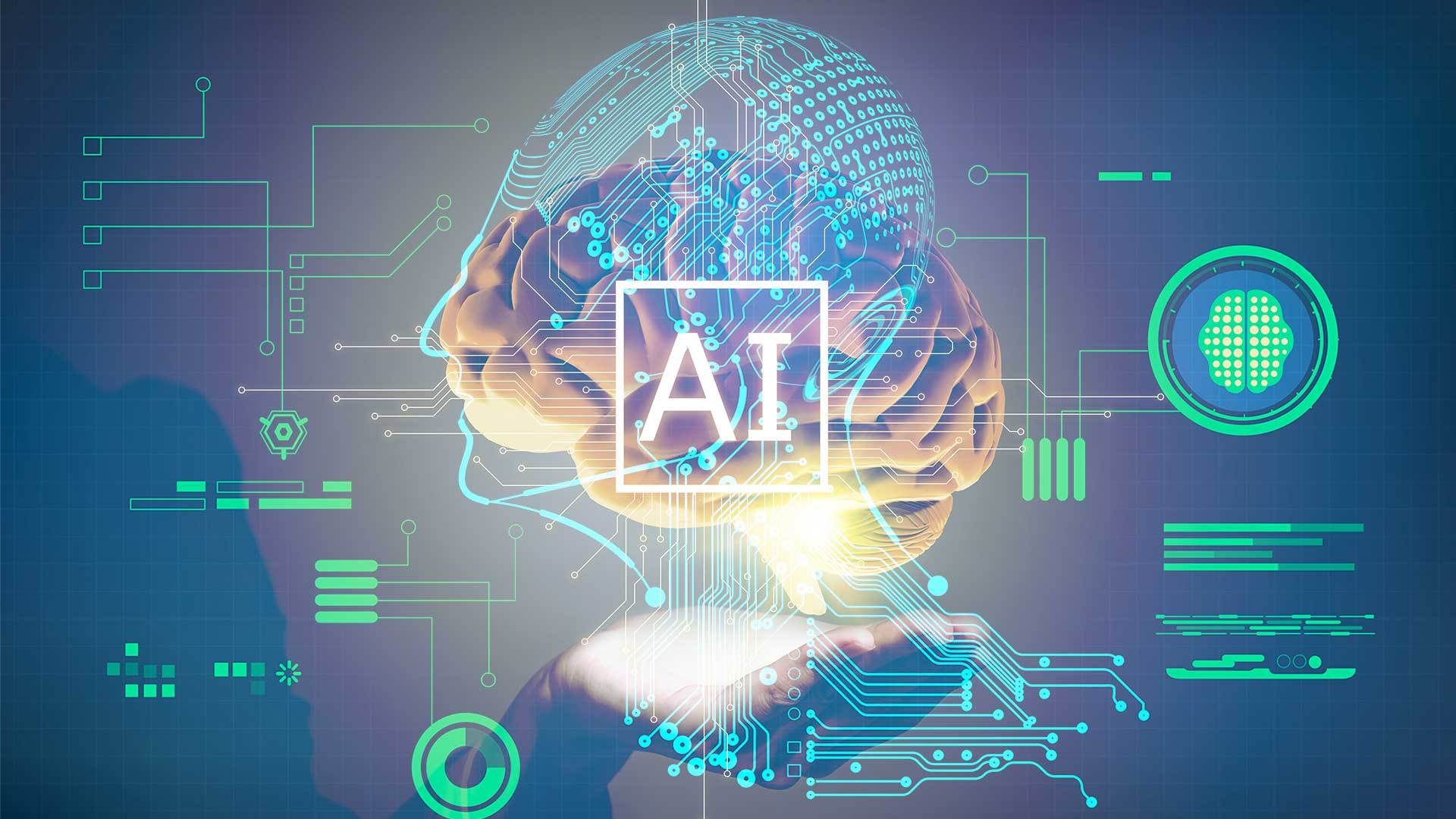DESCRIPTION
ABOUT THE COURSE
COURSE DESCRIPTION
Big data Hadoop Developer training at root2learns helps you to be proficient in all the core concepts of Hadoop Framework like Map-reduce, HBASE, PIG, SQOOP, HIVE, Oozie, Impala, Apache Spark, Flume. Hadoop is the technology that handles Big Data processing efficiently and helps in storing, handling, and retrieving a large amount of data in different applications.
At Root2learn, we have expert trainers who will provide the best Big Data Hadoop Training and make you learn every element of it. We also provide Big Data Hadoop Training online for the people who cannot attend the classroom sessions.
Why learn Big Data and Hadoop?
Hadoop makes the impossible things happen by storing enormous data of the business at affordable price. The need for processing the big data which is in unstructured form is increasing and so the demand for Hadoop requirement. It may be difficult to learn Hadoop, but not when the professionals of Root2learn help you with Big Data Hadoop training online.
Soon, it is going to become a need for many big data companies to learn Hadoop in order to solve the problems of large data. So, Hadoop should be a must-have skill in your resume to become a professional in data market. At Root2learn, we help you learn the subject to the core with both theoretical and practical sessions.
According to the Peer Research, more than 77 percent of companies consider Hadoop as a mandatory skill. McKinsey Global Report says that there is a requirement of about 2 million Big Data managers and the average salary could be $135k. So, it is a must to join Big Data Hadoop training online and we assure that Root2learn is the best choice for it.
-
- Introduction to Linux and Big Data Virtual Machine ( VM)
Introduction/ Installation of VirtualBox and the Big Data VM Introduction to Linux Why Linux?
Windows and the Linux equivalents Different flavors of Linux Unity Shell (Ubuntu UI) Basic Linux
Commands (enough to get started with Hadoop) - Understanding Big Data
3V ( Volume- Variety- Velocity) characteristics
Structured and Unstructured Data
Application and use cases of Big Data
Limitations of traditional large Scale system s
How a distributed way of computing is superior (cost and scale) Opportunities and challenges with Big Data - HDFS (The Hadoop Distributed File System)
HDFS Overview and Architecture
Deployment Architecture
Nam e Node, Data Node and Checkpoint
Node ( aka Secondary Name Node)
Safe mode
Configuration files
HDFS Data Flows ( Read v/s Write) - How HDFS addresses fault tolerance?
CRC Check Sum
Data replication
Rack awareness and Block placement policy
Small files problem - HDFS Interfaces
Command Line Interface
File System
Administrative
Web Interface - Advanced HDFS features
Load Balancer
Dist Cp
HDFS Federation
HDFS High Availability
Hadoop Archives - Map Reduce 1 (Theoretical Concepts)
MapReduce overview
Functional Programming paradigm s
How to think in a MapReduce way? - MapReduce Architecture
Legacy MR v/s Next Generation MapReduce
( aka YARN/ MRv2)
Slots v/s Containers
Schedulers
Shuffling, Sorting
Hadoop Data Types
Input and Output Formats
Input Splits Partitioning ( Hash Partitioner
v/s Customer Partitioner)
Configuration files
Distributed Cache - MR Algorithm and Data Flow
Word Count - Alternatives to MR BSP (Bulk Synchronous Parallel)
Adhoc querying
Graph Computing Engines - Map Reduce 2 (Practice) Developing, debugging and deploying MR programs
Stand alone mode ( in Eclipse)
Pseudo distributed mode ( as in the Big
Data VM)
Fully distributed mode ( as in Production)
MR API
Old and the new MR API
Java Client API
Hadoop data types and custom Writable - WritableCom parables
Different input and output formats
Saving Binary Data using SequenceFiles
and Avro Files
Hadoop Streaming (developing and
debugging non Java MR program s Ruby
and Python) - Optimization techniques
Speculative execution
Combiners
JVM Reuse
Compression - MR algorithms (Non- graph)
Sorting
Term Frequency
Inverse Document Frequency
Student Data Base
Max Temperature
Different ways of joining data
Word Co- Occurrence - MR algorithms (Graph)
PageRank
Inverted Index - Higher Level Abstractions for MR (Pig)
Introduction and Architecture
Different Modes of executing Pig constructs
Data Types
Dynamic invokers Pig streaming Macros
Pig Latin language Constructs (LOAD, STORE,
DUMP, SPLI T, etc) User Defined Functions
Use Cases - Higher Level Abstractions for MR (Hive)
Introduction and Architecture
Different Modes of executing Hive queries
Metastore Implementations
HiveQL (DDL & DML Operations) External v/s
Managed Tables Views
Partitions & Buckets User Defined Functions
Transformations using Non Java Use Cases - Comparison of Pig and Hive
NoSQL Databases 1 (Theoretical
Concepts)
NoSQL Concepts
Review of RDBMS
Need for NoSQL
Brewers CAP Theorem
ACI D v/s BASE
Schema on Read vs. Schema on Write
Different levels of consistency
Bloom filters - Different types of NoSQL databases
Key Value
Columnar
Document
Graph - Columnar Databases concepts NoSQL Databases 2 (Practice)
HBase Architecture
Master and the Region Server
Catalog tables ( ROOT and META)
Major and Minor compaction
Configuration files
HBase v/s Cassandra - Interfaces to HBase (for DDL and DML operations)
Java API
Client API
Filters
Scan Caching and Batching
Command Line Interface
REST API - Advance HBase Features
HBase Data Modeling
Bulk loading data in HBase
HBase Coprocessors EndPoints (similar to Stored Procedur es in RDBMS)
HBase Coprocessors Observers (similar to Triggers in RDBMS) - Spark
Introduction to RDD
Installation and Configuration of Spark
Spark Architecture
Different interfaces to Spark
Sample Python program s in Spark - Introduction to YARN
Usecase of YARN
YARN Architecture
YARN Demo - Introduction to Oozie
Usecase of Oozie
Oozie Architecture
Oozie Demo - Introduction to Flume
Usecase of Flume
Flume Architecture
Flume Demo - Introduction to Sqoop
Usecase of Sqoop
Sqoop Architecture
Sqoop Demo - Setting up a Hadoop Cluster using Apache Hadoop
Cloudera Hadoop cluster on the Amazon Cloud (Practice)
Using EMR ( Elastic Map Reduce)
Using EC2 ( Elastic Compute Cloud) - SSH Configuration
Stand alone mode (Theory) Distributed mode (Theory)
Pseudo distributed
Fully distributed - Hadoop Ecosystem and Use Cases
Hadoop industry solutions
Importing/ exporting data across RDBMS and
HDFS using Sqoop Getting real- time events
into HDFS using Flume
Creating workflows in Oozie Introduction to
Graph processing Graph processing with
Neo4J
Using the Mongo Document Database
Using the Cassandra Columnar Database
Distributed Coordination with ZooKeeper - Proof of concepts and use cases
Click Stream Analysis using Pig and Hive
Analyzing the Twitter data with Hive
Further ideas for data analysis
- Introduction to Linux and Big Data Virtual Machine ( VM)
Benefits of Root2learn Online big Data Hadoop Training:
Classroom and Online Training:
Practice:
We believe practice can make anyone confident and we will help you practising every chapter after the theoretical session which is highly helpful in getting your dream job. After the completion of training, we will make you well-prepared for the examination with our secret exam tips that no other training centre will reveal to the students.
Java for Free:
To learn Big Data Hadoop, you must have knowledge on Java. So we are providing access to course ‘Java essentials for Hadoop’ for our students for Free. This is really a wonderful offer that anyone shouldn’t miss!
Better Career Opportunities:
Many top companies are looking for experienced professionals who have sound knowledge on Hadoop Framework like PIG, HBASE, SQOOP, HIVE, Map-reduce. The requirement for Hadoop professionals is increasing in various industries, such as Healthcare, Sports, Agriculture, and Media.
At Root2learn, we offer Big Data and Hadoop Developer Certification Program and the people who trained by us can apply for the posts of Hadoop Architect, Hadoop Developer, Data Scientist, Project manager, Business Intelligence Professionals, Big Data Analytics Professionals, and Hadoop administrator.
Better Salary:
As there is a large requirement and less number of Hadoop Developers, Big Data companies are hiring the Hadoop professionals by offering them high salaries. Though you are a fresher and have good practical knowledge on Hadoop, there are more chances to get a job with high salary.
Who can attained:
- Software Developers and Architects
- Analytics Professionals
- Data Management Professionals
- Business Intelligence Professionals
- Project Managers
- Aspiring Data Scientists
- Graduates looking to build a career in Big Data Analytics
- Anyone interested in Big Data Analytics
Hadoop is one of the most important certifications of Big Data and the companies who want to hire Hadoop Developers will definitely check for the certification. There is a real shortage of the Hadoop developers who have real-time knowledge on Big Data and Hadoop. This is the reason why we suggest you to consider taking Big Data and Hadoop Certification training.
At Root2learn, we are offering Big Data and Hadoop Developer Certification Program with all facilities for the affordable price. As we have certified Hadoop trainers, we ensure that you will gain expertise in Hadoop development at the end of the training.
- Associate Project Managers
- Project Managers
- IT Project Managers
- Project Coordinators
- Project Analysts
- Project Leaders
- Senior Project Managers
- Team Leaders
- Product Managers
- Program Managers
- Project Sponsors
- Project Team Members seeking PMP or CAPM certification.
How do you provide online training ?
The training would be provided over a web platform. It is the most demanded & modernized way of “Instructor Led Training” without the need for expensive travelling that can be attended from anywhere in the world. You can attained from your home.
Big-Data Hadoop Developer Training
Reviews
Which option do I choose for training, Virtual or classroom training?
You can decide which one suitable for you:
| Virtual classroom | Classroom |
| Less Expensive | More Expensive |
| Recorded video of same session to refer in future | No, recorded video |
| Can attain from any place, internet ( 512 KBPS speed) and System required | Need to go at training venue |
| Can attain from home or office or from other country | No, have to stay in same city |
| Interactive session | Interactive session |
| Interaction with global professionals | Mostly local professionals |
| Flexi class pass, can attain as many class want in same fee | One class |
| If miss any class can go through same training video to connect in next session, and ask if have any query or can attain in any batch | If miss the class, will not able to attain same session |
| Gradually learning ( as training will go near about one month, so you can prepare with training) will get enough time to revise covered topics | Some training will finished in 4 days, or within one week. So it will be more load and will not have enough time to revise covered topics |
| Highly expected trainer ( 23 years, 6 years training experience) | May be have experienced trainer |
| Demo session ( past recorded video) | Not available |
Big-Data Hadoop Developer Training
Reviews
What is Virtual classroom training?
Virtual classroom training for Big data and Hadoop is training conducted via online live streaming of a class. The classes are conducted by a Certified trainer with more than 20 years of work and training experience. It is interactive session, you can asked the question to trainer and will also ask the question. it is one to one interaction. It is video conference type of training.
Big-Data Hadoop Developer Training
Reviews
Is this live training, or will I watch pre-recorded videos?
All the classes are live. They are interactive sessions that enable you to ask questions and participate in discussions during the class time. We do, however, provide recordings of each session you attend for your future reference.
Big-Data Hadoop Developer Training
Reviews
What tools do I need to attend the training sessions?
- Windows: any version newer than Windows XP SP3
- Mac: any version newer than OSX 10.6
- Internet speed: Preferably faster than 512 Kbps
- Headset, speakers, microphone: You’ll need headphones or speakers to hear clearly, as well as a microphone to talk to the others. You can use a headset with a built-in microphone, or separate speakers and microphone.
Big-Data Hadoop Developer Training
Reviews
Where is the training held?
There is no training venue for Virtual classroom training. It is online live training you can attained from your home by login at your system, for that we will provide you login id and password.
For classroom training you will get email at your registered email id as per your location.
Big-Data Hadoop Developer Training
Reviews
What is 100% training quality guarentee?
If you are not happy with our training quality, inform us within 1st half of Training on First Day. We will refund your entire training fee with 7 working days.
Big-Data Hadoop Developer Training
Reviews













Excellent elaboration on fs image and edit logs, I have been trying to get a grasp of these topics from a long time. The trainer is very good in explaining the concepts through analogies.
Real time hands-on experience! The concepts were delivered very neatly, clearly and in an understandable way
Everything is perfect and awesome. Thank you. The content and the planning of the batches makes learning awesome
Big Data
I like the course content and the simplicity in imparting information. The trainer provides examples and analogies for explaining technical fundamentals
Wonderful trainer. I never felt that it was virtual class environment, he was so much connected and focused that it felt like real classroom training.
Nice and informative classes. Excellent effort by the trainer, so that we get maximum benefit from his class – he explained things in a very easy and simple way.. He has very good communication skills…It’s so convenient now that it’s online… Thanks
Trainer has vast knowledge on topics. Excellent way of delivering… Good pace.
Awesome training! The trainer is really good and is solving all technical questions raised by the participants. Great platform for learning. I wish I find time in future for other courses as well.
Clear explanations, focus is on conceptual knowledge. Hands on experience was really good. Appreciate the attention on individual queries. Thanks Root2learn.
I really liked the course content and the trainer’s knowledge on the subject.
Just wanted to share with you all that I am now certified in BIG DATA and HADOOP from Root2learn. I had submitted my project on Social Media which I completed using HDFS and HIVE and they have approved it and certified me as a “BIG DATA AND HADOOP DEVELOPER”. I wish to express my gratitude, and many thanks to the trainer for his excellent coaching and mentoring to enable me to achieve this. A very big thanks to my fellow participants for their constant support and enlightening me with the questions and answers which were followed during the classes.